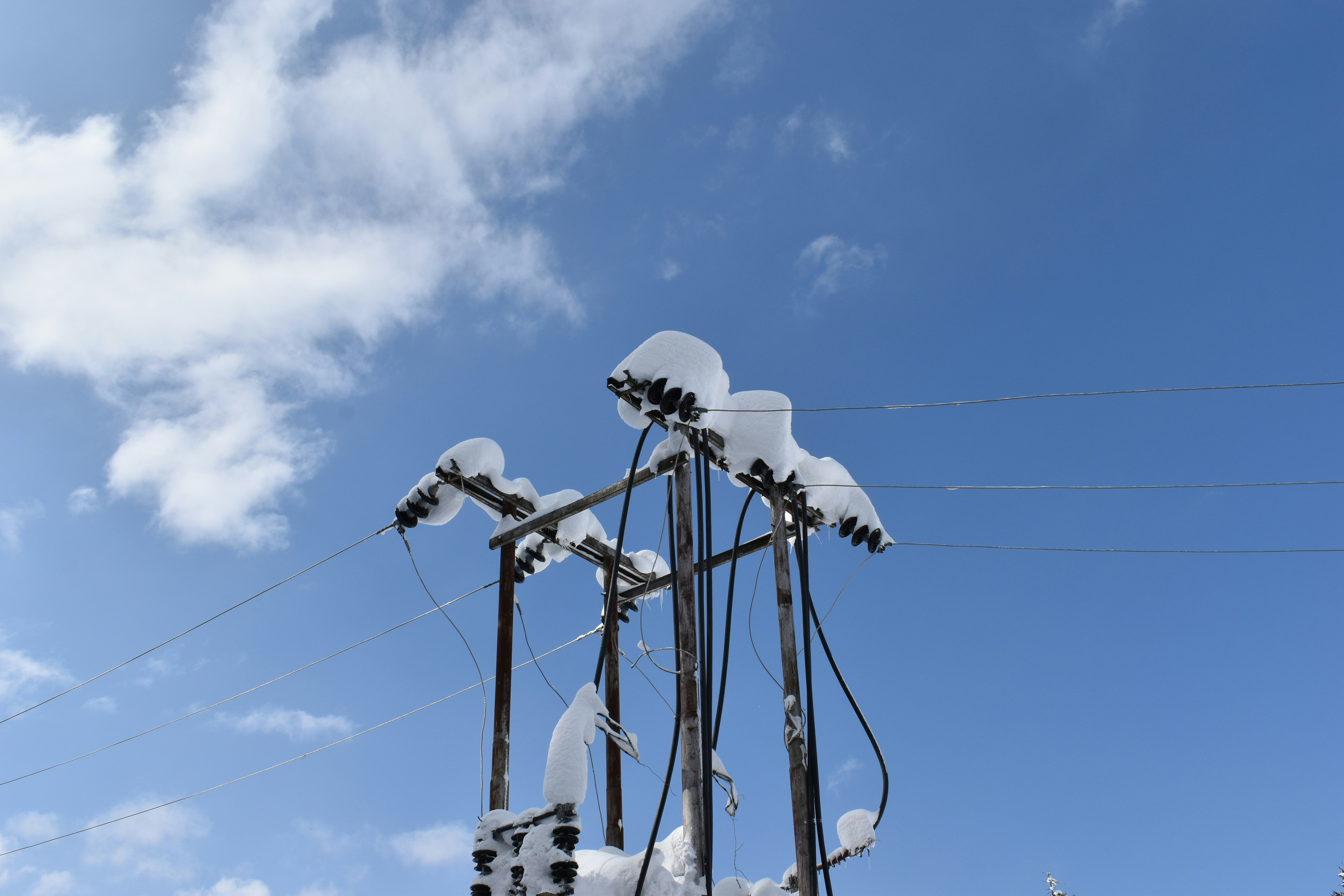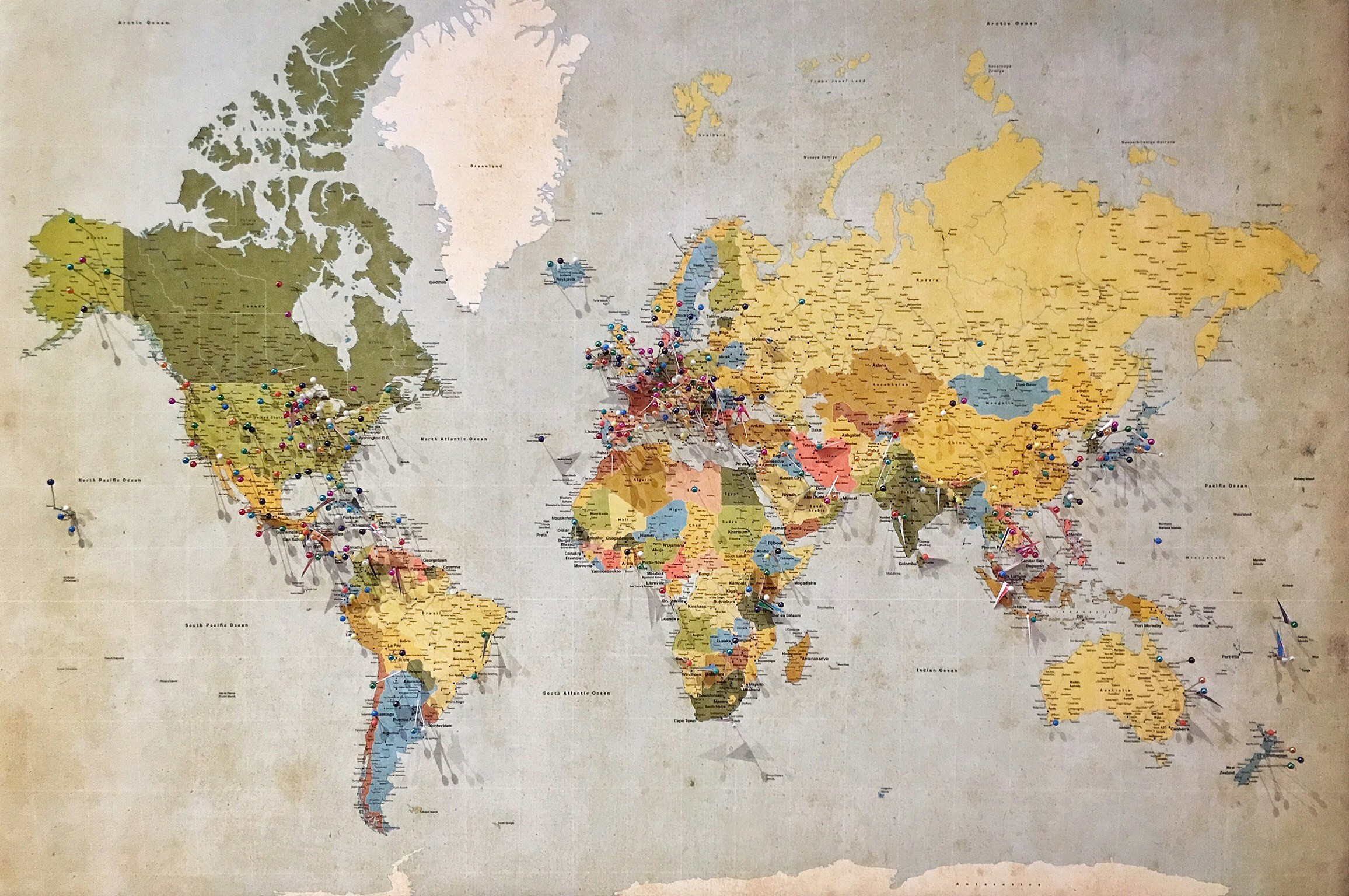It’s a well established fact that not only does the climate crisis disproportionately affect low and middle income countries, but that those same countries are the least able to affect meaningful change when it comes to reducing environmental destruction. For example, The World Health Organization’s 2021 State of the Climate in Africa report points out that a quarter of a billion people across Africa will be impacted by water stress including drought, extreme rainfall or rising/lowering water levels by 2030. Yet African countries, with over 16% of the world’s population, produce less than 3% of greenhouse gas emissions (GHGs).
25 million people across Africa will be impacted by water stress including drought, extreme rainfall or rising/lowering water levels by 2030.
That’s not to say locals should be complacent, but it is also true that media houses struggle to cover the climate crisis effectively and document its effects. Partly as a result of this, people do not feel as strongly about climate issues here as in other parts of the world. In 2021, the UN Development Programme (UNDP) published the results of a comprehensive survey of public opinion and found that sub-Saharan Africans and people in low income countries as a whole were the least likely to express belief in a climate emergency, despite being the highest at risk (only 61% of Africans said that they thought the climate crisis is an emergency, compared to 72% of Europeans, for example).

Temperature change in Africa, from showyourstripes.com. CC University of Reading based on data from Berkley Earth.
Africa Data Hub has spoken to journalists and academics from across the continent and unanimously they cited challenges with resources as a barrier to effective reporting on the crisis. There are too few specialised reporters, and too little access to localised information or research even in the richest economies on the continent. A reporter in Miami, for example, can find detailed and easy to interpret historical records to compare rainfall and temperature within a single, simple Google search. Someone covering flooding in Lagos, on the other hand, will have a much harder time finding easy to interpret data.
The climate crisis and related data will be one of the core focus areas for Africa Data Hub’s work over the next two years. As part of this work, we have put together a list of resources for journalists across the continent to help them find and use data in their reporting.
The full list, which will be regularly updated, is below, and you can download it from here. If you know of a resource that should be added to the list, please let us know via email here. To get the most out of this list, it’s useful to understand how we have categorised resources in a little more depth.
Data resources
Climate-related data, such as temperature, rainfall and air quality/emissions, is generally gathered from a network of monitoring stations spread around the world or acquired from satellite imagery. Many of these are maintained by excellent local organisations, and climate reporters should definitely try to establish a relationship with their national weather service or other agencies responsible for gathering data.

Mapped data from NASA GIS showing temperature in Dec 2022 relative to a 30 year average (1951-1981)
The data used in almost all research published or data dashboards, however, can be traced back to a handful of global scale datasets which aggregate and maintain multiple data sources. For temperature and rainfall these are the NASA Goddard Institute for Space Studies (GISS), the Climate Research Unit at the University of East Anglia (CRU), Berkeley Earth, and the US National Oceanic and Atmospheric Administration (NOAA). The International Panel on Climate Change (IPCC) also maintains a large repository of data that it uses in its reporting, which includes data sourced from the very comprehensive World Data Centre for Climate (WDC).
As well as these datasets, we’ve also included several other, more specialised, sources of data, such as the European Centre for Medium-Range Weather Forecasts and some of the data portals and interfaces which draw data from these sources are designed to make climate data easier to work with. A favourite at Africa Data Hub is the World Bank’s Climate Change Knowledge Portal, which is one of the only explorers that enables African journalists to explore climate data at the sub-national level.
The challenge with many of these datasets, however, is that they can be difficult to use in everyday reporting. The sheer size of them, and the fact that they include a lot of geographical data, often requires specialised knowledge to make useful.
Reporting guide/training material
Our second category of links is to existing guides designed to help reporters keep their readers informed about the climate crisis. Having access to data is one thing, but climate science is incredibly complex for reporters and readers alike. Demystifying the science and staying up to date with the latest research is made easier thanks to toolkits provided by the likes of the Global Investigative Journalism Network, which has published several guides, and handbooks like UNEP Environmental Reporting Guide for African Journalists. It is worth bearing in mind that some of these resources may be quite old, however.
Journalism-related organisations & opportunities
Finally, we’ve included a list of journalism-related organisations and opportunities. These are the places to find support in your work from peers, or to look for funding opportunities to support your work reporting on the climate crisis. This category includes specialist investigative outlets, such as Oxpeckers, whch publishes several open datasets relating to climate in Southern Africa, and networking groups such as the Society of Environmental Journalists, which we recommend you join as soon as possible.
This is by no means a complete list, and will be updated regularly.
Did we miss something?
Over the coming months, Africa Data Hub will be publishing more in-depth guides to using climate data, as well as tools to make your job moving from data to publication easier. In the meantime, if there’s a resource we didn’t include in the list or you’d like to suggest a topic for us to develop more information on, don’t hesitate to tell us and get in touch.
Main image credit: Failed crops during drought in Mozambique, CC International Federation of Red Cross and Red Crescent Societies


-p-1080.jpg)





